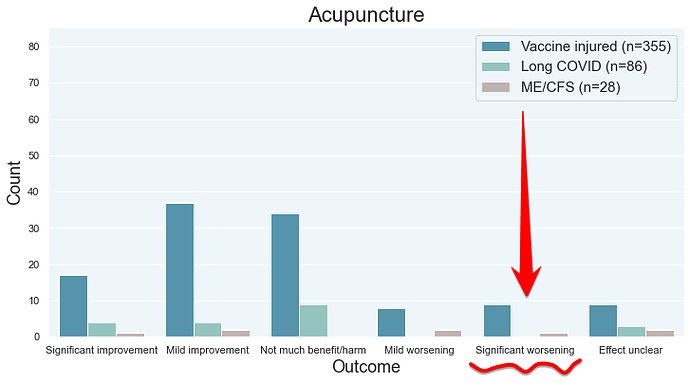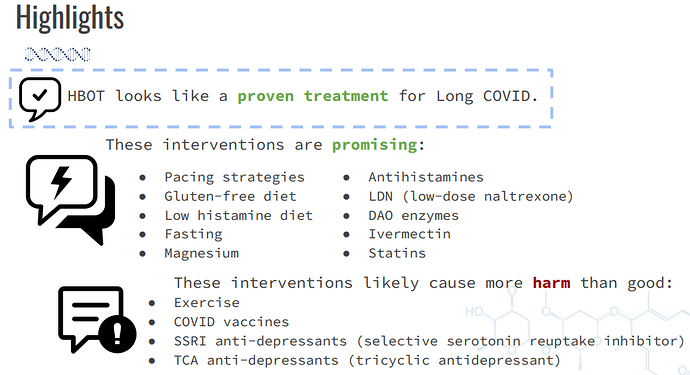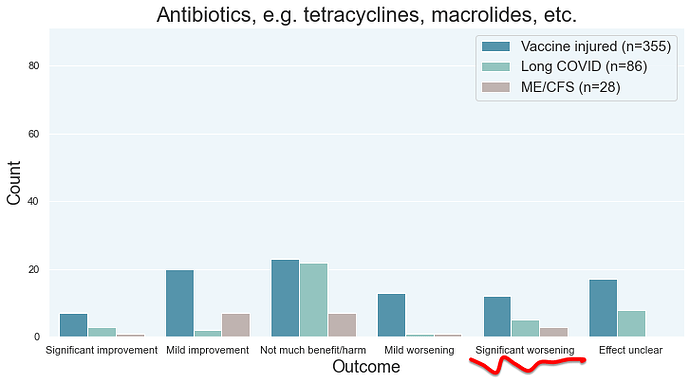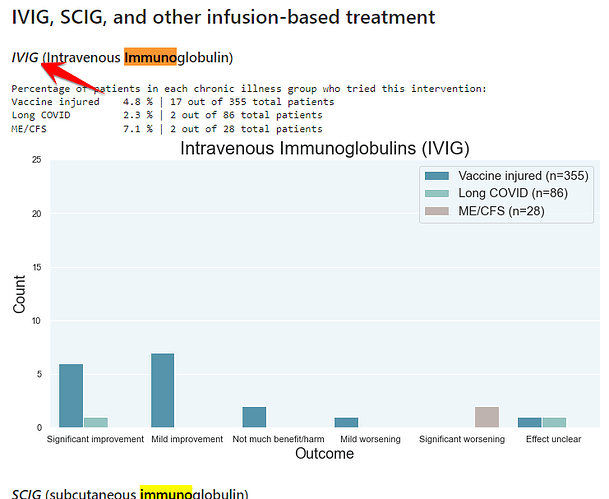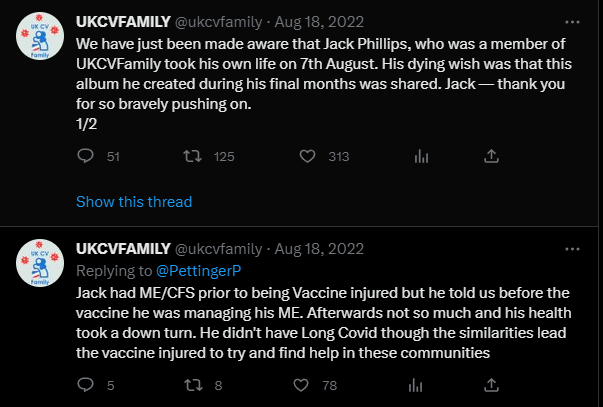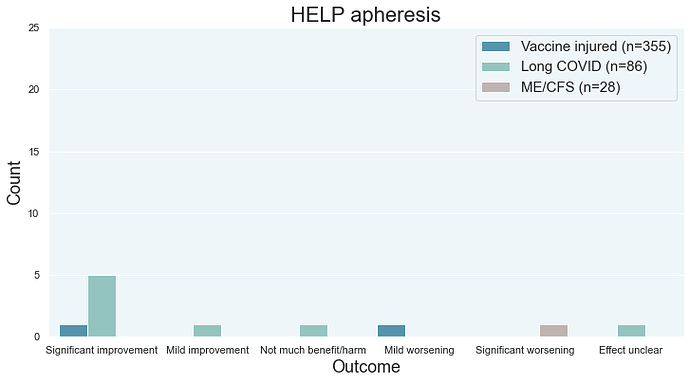You should pay attention to almost every treatment out there. Most treatments:
- Don’t help (so you’re wasting your time)
- Don’t help AND carry risk… which is even worse
- Can help but come with risk. A prudent approach is to start with low doses and to discontinue early if your symptoms are going the wrong way.
I would be careful with doctors and “professionals” because most pros simply don’t know the risks in chronic illness patients. There are a few doctors who know about the risks but won’t tell you about them. Many people don’t want to admit that they may have been causing more harm than good. YOU are responsible for becoming an informed healthcare consumer.
Let’s get into it…
HELP Apheresis
A ME/CFS patient named Jack (who also got worse post-vax) got a lot worse after HELP Apheresis in Cyprus. He committed suicide some time later. There isn’t too much reliable data on this because nobody is really keeping track.
Acupuncture
For some reason there are people who react badly to this. Look at the fifth column “significant worsening”. I don’t know why but it happens.
SSRIs, TCAs, and probably SNRIs
See the ‘data-driven approach’ video on my Odysee channel. Slides are available in the video description… slides 21 and 22 are relevant.
Of all the treatments out there, these are in the upper percentile in terms of negative reactions. On top of that, the reactions can be severe- e.g. completed suicide. And I didn’t even know about PSSD back then (see the Sick And Abandoned page on psych drugs).
You should also know that many “professionals” do not know that withdrawal can be dangerous and they never learned how to safely taper their patients off these drugs.
Benzos
These are psych drugs, and share some of the problems with SSRIs and TCAs. However, it’s too soon to tell if the risk outweighs the benefit. Again, see the ‘data driven’ video.
Exercise
This was the worst-rated treatment according to survey data. However, some highly-recovered people are able to tolerate exercise so it’s not a hard rule that you should avoid too much exercise. Everybody’s limit is different… you’ll usually discover this when you accidentally exceed your limits.
Antibiotics
These also fight it out for last place.
‘Flox’ antibiotics
Certain antibiotics like ciprofloxacin have ‘flox’ in their name. They are part of the fluoroquinolone family. While there are certain situations where your doctor will want you to take antibiotics (e.g. infection), the flox antibiotics have some scary side effects that last a very long time. There are entire support groups for ‘floxies’ who have been hurt by these antibiotics.
Risky medical tests
See this post on tests where you may not get informed consent.
How to find survey data on a particular treatment
Go to longhaulwiki.com/treatment-outcomes/
- Hit Crtl + F or use the search feature on your mobile app (e.g. tap and hold → find selection).
- Type in the name of your treatment
- Keep hitting ‘next’ (down arrow
 ) until you find text with italics in it.
) until you find text with italics in it. - Search for the word that is italicized. For example, if you searched for “immuno” and you see that IVIG is in italics, then you can search for IVIG instead.
- This will find all of the survey analysis that is available for that treatment.
You will find a chart which shows how many people reported “mild worsening” and “significant worsening” from that treatment.
The text above the chart shows how many people tried that particular treatment.
Very safe treatments
In general, the only ultra-safe treatments are:
- Treatments that manage symptoms without dealing with the root cause. If it deals with the root cause, there is some risk to the treatment.
- This means that the safe treatments include certain (but not all) diets, prayer, meditation, and most essential nutrients - e.g. magnesium.
- This includes pacing strategies and ‘avoiding exercise’. It’s possible that these things deal with the root cause (though the response rate would be extremely low).
- Treatments that don’t do anything and are safe in health people.
Recap
There are people who are getting better. See all posts tagged recovery.
To get there, it seems like you’ll need to take some risk. It should be fine if you approach treatment in a conservative way- start with low doses and quit if things are going the wrong way.
Doing things conservatively isn’t fashionable among practitioners right now. Some of them do messed up stuff like sell 10/20/40 HBOT sessions at once to people who may get hurt by HBOT. Hopefully things get better in the future. In any case, the current situation is that YOU need to take charge of your healthcare. Medical “professionals” aren’t doing a very good job right now. We probably need to do a better job at educating practitioners, pushing for a higher standard of care, and advocating for ourselves.
That being said, a higher level of care is available if you simply become informed.
- I try to provide links to the primary sources (original source) of data. Ask me for the source if I don’t provide it.
- You can compare survey data to anecdotes that you find on social media. Those anecdotes sort of confirm what the survey data is showing.
- I posted about Eureka Health because their data reveals biases in social media postings.
I know that there are people who like the idea that medical professionals know what they’re doing (despite all of the ridiculous gaslighting being dished out by the worst ‘professionals’). But I will show you the data. Like it not, I will drag everybody kicking and screaming into the future.
At the end of the day, we deserve quality healthcare. It’s that simple.
![]()
